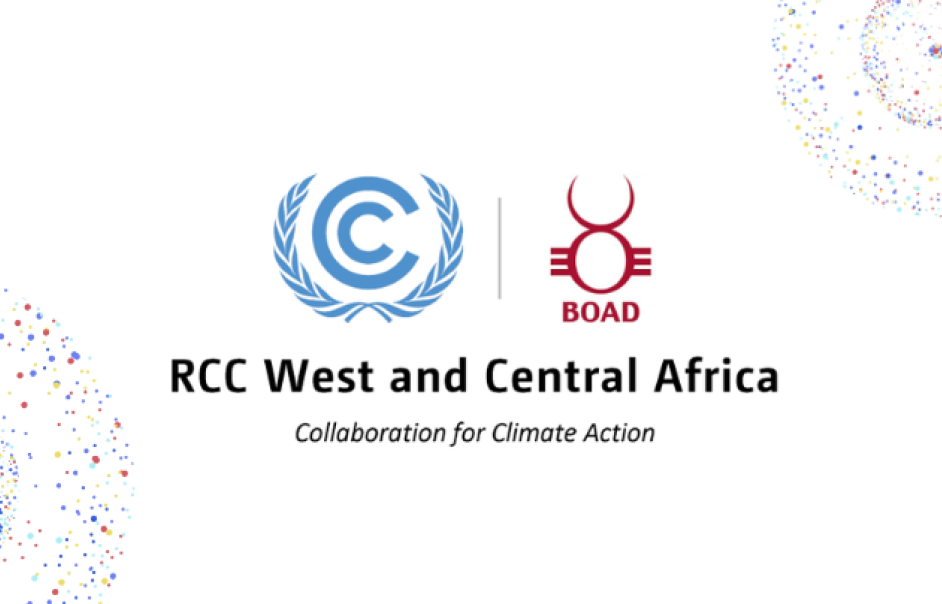Validation Workshop on Operationalizing a Pilot Carbon Tax in Nigeria’s Telecommunications Sector
Background
Nigeria is advancing a pilot carbon tax tailored to the telecommunications sector, a high-impact area due to its reliance on diesel-powered infrastructure to ensure network uptime. Building on feasibility work under the Ci-ACA (Collaborative Instruments for Ambitious Climate Action) initiative, stakeholders have identified a carbon tax as a practical, near-term option to drive emissions reductions, complement Nigeria’s NDC targets and long-term low-emission development strategies.
This validation workshop, organized by the Regional Collaboration Centre West and Central Africa is a milestone to review and confirm the pilot design elements, align on roles and responsibilities, and strengthen buy-in across government, regulators, telecom operators, and technical partners.
Objectives
Present the proposed design framework for a pilot carbon tax in the telecom sector (coverage, institutional setup, monitoring, reporting and verification requirements, and policy options).
Validate stakeholder inputs gathered through prior consultations to ensure accuracy, representation and inclusivity.
Confirm alignment with national climate policy, including the NDCs and LT-LEDS.
Assess feasibility and readiness (timelines, roles, inter-agency coordination).
Discuss revenue use/fiscal integration and safeguards to ensure equity and development co-benefits.
Strengthen stakeholder ownership and agree next steps toward pilot implementation, including potential regulatory/legislative pathways.
Reaffirm how carbon pricing can support international cooperation, transparency and climate finance opportunities.
Expected outcomes
Validation and endorsement of the proposed carbon tax framework for Nigeria’s telecommunications sector, including design elements and MRV requirements.
Consensus on implementation pathways, institutional roles, and coordination mechanisms to operationalize the pilot.
Strengthened stakeholder ownership and commitment to ensure inclusivity, transparency, and long-term sustainability.
Identification of capacity-building needs and support measures to enable effective compliance and adaptive implementation.
Target audience
Telecommunications industry, government and regulators, Non-Corporate Communication Channels (NCCCs), sector regulators, revenue and standards agencies, competition/consumer protection, customs and statistics offices, policy entities, communications and digital economy, finance, planning, industry and trade, power, works and housing, transport, petroleum, energy and meteorology.
Others: UNFCCC National Focal Point, academia, NGOs/CSOs, national experts and training institutes.
